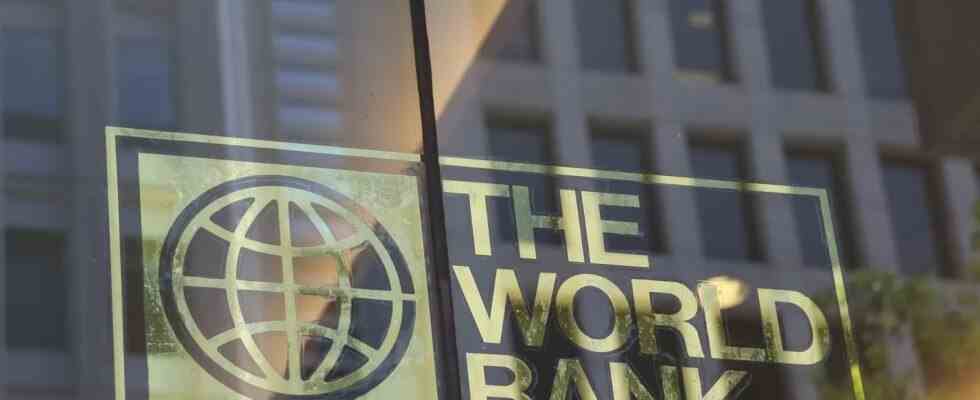Reuters reported that the World Bank has warned of a global recession in 2023.
World Bank Warns of Global Recession in its Report
The World Bank has lowered its 2023 growth forecast to a level that signals many countries are on the verge of recession as the impact of central bank rate hikes intensifies, Russia’s war in Ukraine continues and the world’s major economic powers falter.
The World Bank said it expects global GDP growth to be 1.7% in 2023, the slowest growth rate since 1993 excluding the 2009 and 2020 recessions. In its previous Global Economic Prospects report published in June 2022, the Bank had forecasted 2023 global growth as 3.0%.
The bank forecasts global growth to rise to 2.7% in 2024, below the 2.9% projected for 2022, with average growth for the period 2020-2024 below 2%, the slowest five-year pace since 1960.
Major slowdowns in advanced economies, including cutting its forecasts to 0.5% for both the US and the euro zone, could herald a new global recession less than three years after the last, the bank said.
Bank Lists Reasons That Could Cause Global Recession
In a statement added to the report, the bank said, “Given the fragile economic conditions, any new negative development, such as higher-than-expected inflation, spikes in interest rates to contain it, a resurgence of the COVID-19 epidemic or escalation of geopolitical tensions, could push the global economy into a recession. He can push it,” he said.
“Weakness in growth and business investment will exacerbate the already devastating setbacks in education, health, poverty and infrastructure, and increased demands from climate change,” World Bank President David Malpass said in a statement.
According to the World Bank report, China’s growth in 2022 slowed to 2.7% after 2020, the second slowest since the mid-1970s, as a zero-COVID policy, real estate market turmoil and drought hit consumption, production and investment.
In the report, a 4.3% recovery was predicted for 2023 for China, while this rate remained 0.9 points below the June forecast due to the severity of the disruptions caused by COVID and weakening foreign demand.
The World Bank stated that as the end of 2022 approaches, with the fall in energy and commodity prices, some inflationary pressures started to decrease, but warned that the risk of new supply cuts is high and high core inflation may continue.
This could cause central banks to react by raising policy rates more than currently expected, and exacerbate the global economic slowdown.
*Not investment advice.
For exclusive news, analytics and on-chain data Telegram our group, twitter our account and YouTube Follow our channel now! Moreover Android and iOS Start live price tracking right now by downloading our apps!
